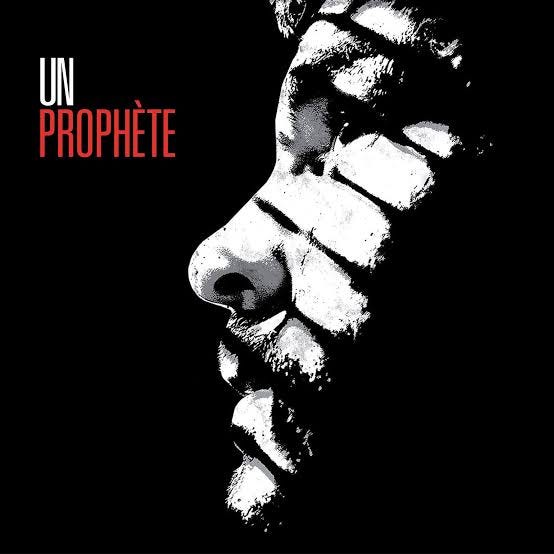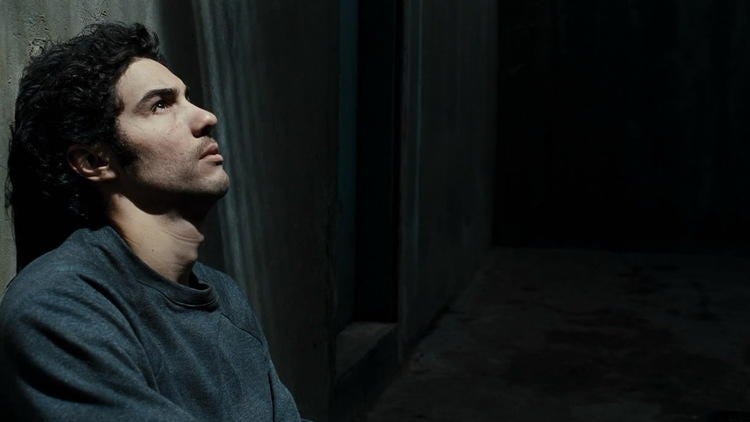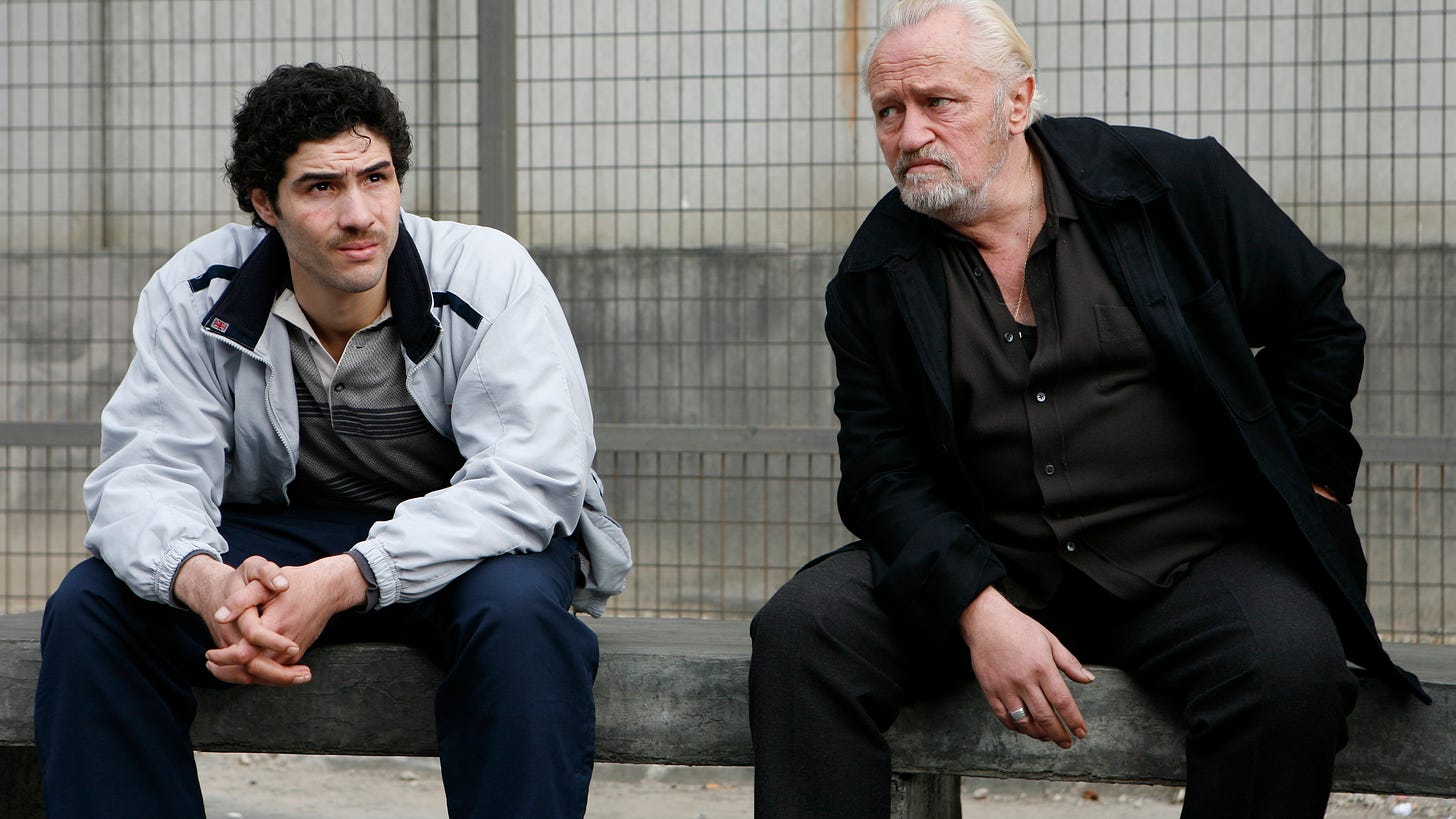Un Prophète ★★★★☆
“Un Prophète,” Jacques Audiard’s gritty, haunting dive into the French prison system, is the kind of film that leaves you rethinking every life choice you’ve made. If a young, illiterate guy like Malik El Djebena can go from wide-eyed nobody to cutthroat mob player within six years, what are the rest of us doing with our lives?
The story kicks off when 19-year-old Malik, portrayed with disturbing finesse by Tahar Rahim, lands a six-year prison sentence. Alone, vulnerable, and unable to read, Malik is the proverbial fish out of water—until he learns to breathe the toxic air of the prison’s Corsican mob. Under the dubious mentorship of César Luciani (a bone-chilling Niels Arestrup), Malik begins his forced transformation, from performing his first murder to running drug operations like it’s the family business. By the time the credits roll, Malik is hardly recognizable as the kid we first met—he’s now the kingpin, a force of nature who’s weaponized survival instincts to devastating effect.
Thematically, the film explores power, survival, and the corrupting influence of systemic oppression, but don’t expect any moral grandstanding. Audiard plays it close to the chest, leaving the audience to decide whether Malik is a product of circumstance or a cold-blooded criminal mastermind. It’s a film less about redemption and more about brutal self-actualization; there’s no sentimental rise to power here—just raw, strategic violence.
Visually, “Un Prophète” excels at making prison feel both claustrophobic and expansive. The cinematography cleverly contrasts Malik’s ever-expanding influence with the physically constrained space of his cell. Audiard drenches scenes in gritty realism, while occasional dreamlike sequences—where Malik communes with a ghostly victim—add an eerie layer of surrealism that doesn’t so much lift the bleakness as deepen it. You know a film’s intense when even the hallucinations feel dangerous.
When it comes to acting, Rahim’s breakout performance as Malik is nothing short of revelatory. He nails the progression from scared young man to calculating crime lord with chilling subtlety. Arestrup is equally formidable, exuding a menacing paternal authority as the mob boss whose control over Malik begins to fray as the film progresses. The tension between the two actors is palpable, a master-apprentice relationship that feels destined to combust.
If there’s a critique, it’s the pacing. At 155 minutes, “Un Prophète” is a slow burn, and though every minute feels necessary for the build-up, there are moments where the narrative meanders. But just when you think the story might lose steam, Audiard throws another punch, keeping you in a constant state of unease.
On a personal level, it’s hard not to reflect on how “Un Prophète” mirrors real-world issues of marginalization and institutional control. Malik’s rise is both a triumph and a tragedy, depending on how cynical you’re feeling that day. It’s a film that doesn’t offer easy answers but forces you to grapple with the uncomfortable question: in a corrupt system, can you really climb to the top without becoming part of the rot?






